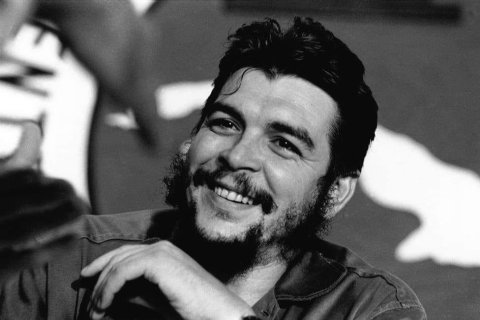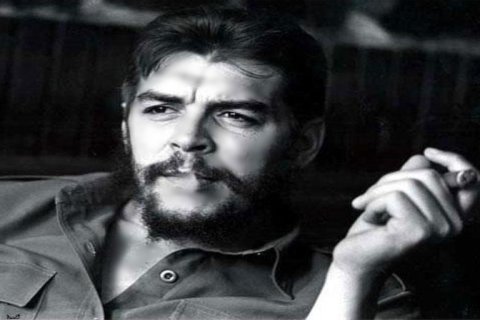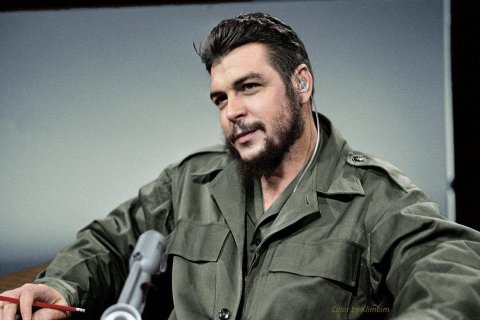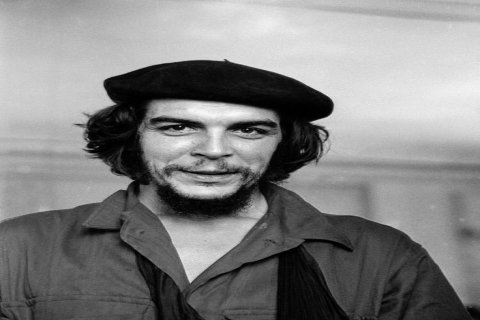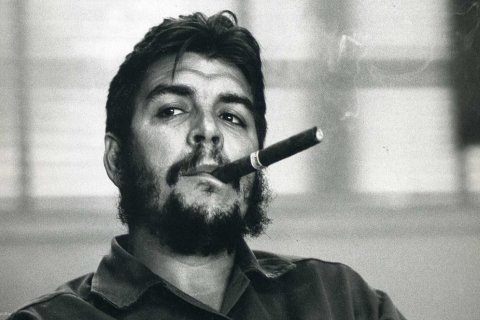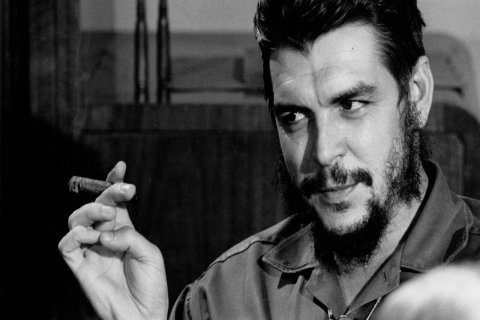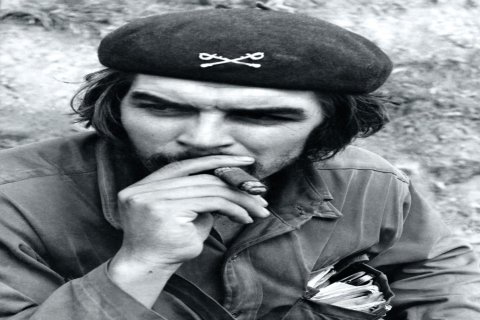Che Guevara
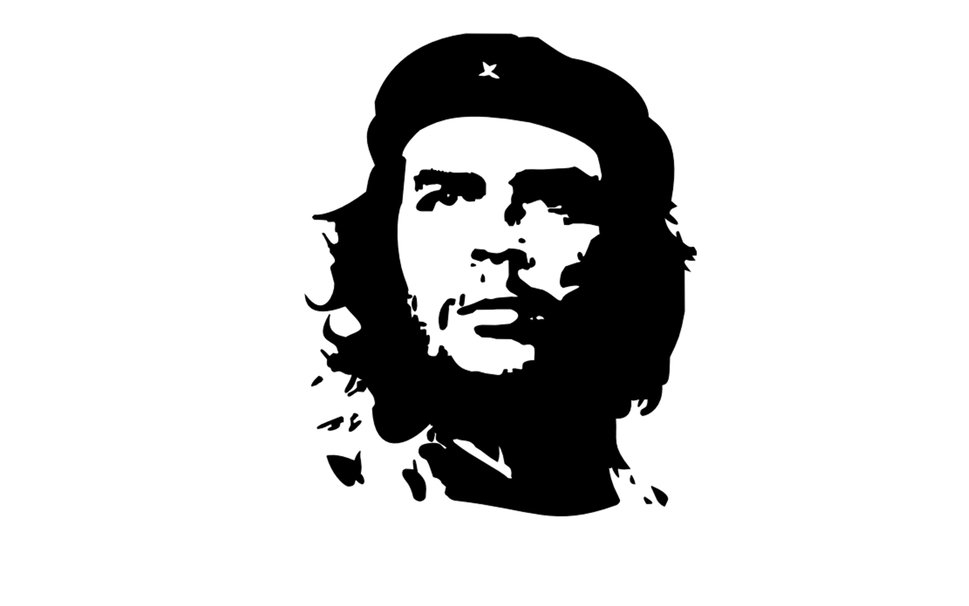
Che Guevara: A Revolutionary Icon
Early Life and Education
Ernesto "Che" Guevara was born on June 14, 1928, in Rosario, Argentina. His father, Ernesto Guevara Lynch, was a civil engineer, and his mother, Celia de la Serna, was a homemaker. Guevara had two older sisters and a younger brother.
Guevara was a bright and curious child. He enjoyed reading and playing sports, and he was also interested in politics. When he was 16 years old, he enrolled in the University of Buenos Aires to study medicine. During his time at university, Guevara became increasingly involved in politics. He joined the Communist Party and participated in protests against the government.
Early Revolutionary Activity
In 1953, Guevara graduated from medical school. He then embarked on a motorcycle trip across South America. During his travels, he witnessed the poverty and oppression that were widespread in the region. This experience radicalized Guevara, and he became convinced that revolution was the only way to bring about change.
In 1955, Guevara met Fidel Castro, the leader of the Cuban revolutionary movement. Guevara joined Castro's forces, and he quickly became one of Castro's most trusted lieutenants. Guevara played a key role in the Cuban Revolution, which culminated in the overthrow of the Batista regime in 1959.
After the Cuban Revolution
After the Cuban Revolution, Guevara served in a number of government positions. He was the Minister of Industry and the President of the National Bank of Cuba. He also played a leading role in the Cuban government's efforts to promote literacy and healthcare.
In 1965, Guevara left Cuba to pursue revolutionary activity in other parts of the world. He traveled to the Congo, where he fought alongside rebels against the government. In 1967, he went to Bolivia, where he attempted to start a revolution. However, Guevara's forces were defeated by the Bolivian army, and Guevara was captured and executed on October 9, 1967.
Legacy
Che Guevara is one of the most iconic figures in the history of revolution. He is admired for his courage, his dedication to the cause of social justice, and his willingness to sacrifice his life for his beliefs. Guevara's image has been used on everything from T-shirts to posters to postage stamps. He has also been the subject of numerous books, films, and songs.
Guevara's legacy is complex and controversial. Some people see him as a hero, while others see him as a terrorist. However, there is no doubt that Guevara was a man of great passion and conviction. He was a man who was willing to fight for what he believed in, even if it meant risking his own life.

